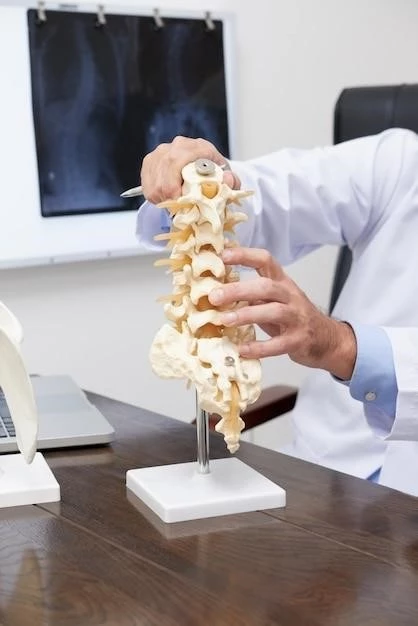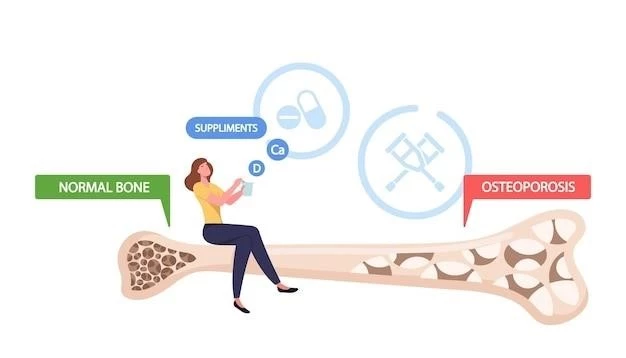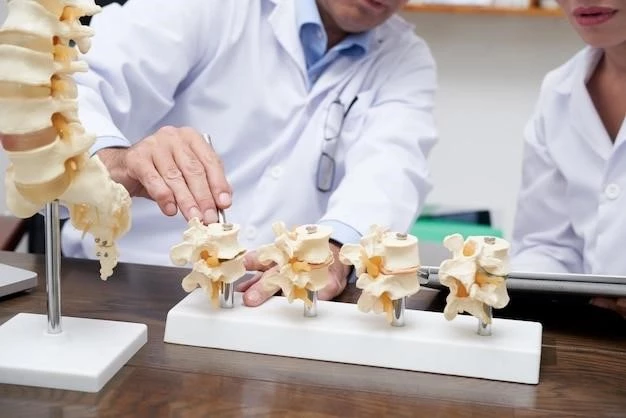The overview of spondylocarpotarsal synostosis provides insight into a rare skeletal dysplasia characterized by vertebral fusions, short stature, and spinal abnormalities.
Definition and Classification
The definition and classification of spondylocarpotarsal synostosis outline it as a rare skeletal dysplasia with abnormalities like vertebral fusions, short stature, spinal deformities, and fusions of carpal and tarsal bones.
Clinical Features of Spondylocarpotarsal Synostosis
Common symptoms of spondylocarpotarsal synostosis include short stature, spinal abnormalities, vertebral fusions, and fusion of carpal and tarsal bones.
Skeletal Abnormalities
Individuals with spondylocarpotarsal synostosis present with abnormalities like fused vertebrae, scoliosis, short stature, carpal and tarsal bone fusions, clubfeet, and other skeletal deformities.

Genetic Basis of Spondylocarpotarsal Synostosis
Learn about the FLNB gene mutations that lead to spondylocarpotarsal synostosis, impacting bone development and causing skeletal abnormalities.
FLNB Gene Mutations
At least five FLNB gene mutations have been identified that cause spondylocarpotarsal synostosis syndrome, leading to abnormal bone development and various skeletal anomalies such as fused vertebrae, short stature, carpal and tarsal bone fusions, clubfeet, and facial dysmorphism.
Diagnosis and Prognosis of Spondylocarpotarsal Synostosis
Clinical assessment and imaging studies are essential in diagnosing spondylocarpotarsal synostosis and determining the prognosis for individuals with this rare skeletal dysplasia.
Clinical Assessment and Imaging Studies
Clinical assessment and imaging studies play a crucial role in the diagnosis of spondylocarpotarsal synostosis. Imaging techniques like X-rays and CT scans help in visualizing skeletal abnormalities and confirming the presence of vertebral, carpal, and tarsal fusions characteristic of this rare genetic disorder.
Management and Treatment of Spondylocarpotarsal Synostosis
A multidisciplinary approach is crucial in managing spondylocarpotarsal synostosis, involving orthopedic interventions, physical therapy, and genetic counseling for individuals and families affected by this rare genetic disorder.
Multidisciplinary Approach
A multidisciplinary approach involving orthopedic specialists, physical therapists, genetic counselors, and other healthcare professionals is fundamental in providing comprehensive care for individuals with spondylocarpotarsal synostosis. Coordination among these experts ensures tailored management plans addressing the skeletal abnormalities, functional limitations, and genetic implications of this rare disorder.

Research and Advancements in Spondylocarpotarsal Synostosis
Explore current studies and future directions in the understanding and management of spondylocarpotarsal synostosis, a rare genetic disorder impacting bone development and skeletal structure.
Current Studies and Future Directions
Ongoing research aims to further understand spondylocarpotarsal synostosis, exploring potential treatment options, genetic counseling techniques, and improving diagnostic approaches. Future studies may focus on gene therapies or novel interventions to address the skeletal abnormalities associated with this rare genetic disorder.
Living with Spondylocarpotarsal Synostosis
Support groups and resources can provide valuable assistance for individuals and families living with spondylocarpotarsal synostosis, offering emotional support, practical guidance, and access to specialized care professionals.
Support Groups and Resources
Connecting with support groups can provide valuable resources and emotional support for individuals and families affected by spondylocarpotarsal synostosis. These groups offer a sense of community, access to information, and opportunities to connect with others facing similar challenges.
